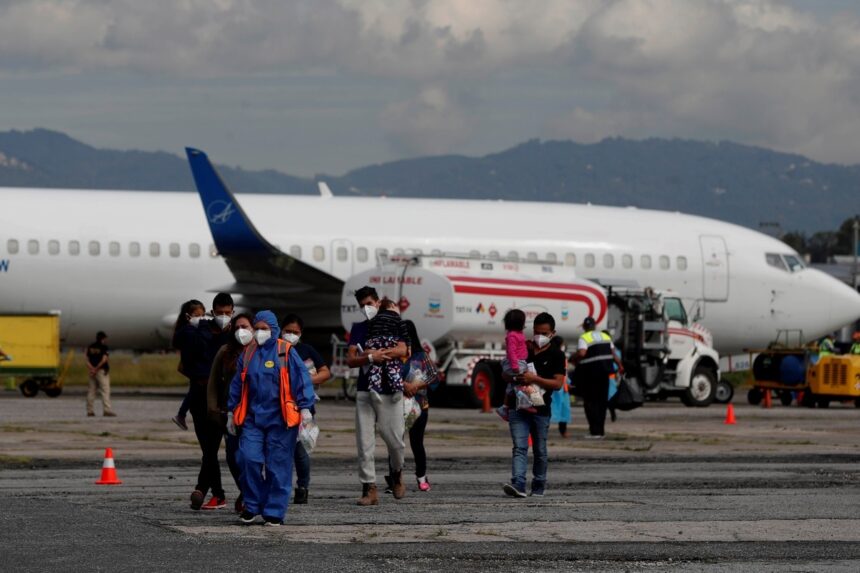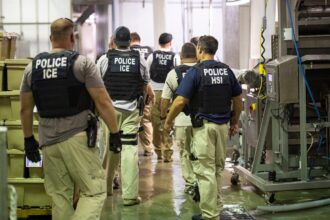A federal judge in the District of Columbia temporarily halted President Donald Trump’s administration’s plan to deport hundreds of unaccompanied Guatemalan minors in U.S. custody.
The court decision represents a significant halt to one of the most controversial immigration measures in recent months.
Judge blocks deportation of Guatemalan children
Judge Sparkle L. Sooknanan ordered the Executive not to deport for at least two weeks the Guatemalan children who had been included in an emergency application filed by the National Immigration Law Center.
The appeal argued that the Administration was violating due process by attempting to repatriate the minors without allowing their cases to be evaluated in the Immigration courts.
The magistrate called it “surprising” that the government would attempt to send minors back in the early hours of a holiday weekend.
According to testimonies, several of the children were already on board planes ready to take off for Guatemala when the court order became known.
The Department of Justice’s own representative, Drew Ensign, acknowledged that the government was unaware of the judge’s decision when the transfers began.
Who are the affected minors
The children are between 10 and 16 years old and are part of the migratory flow coming mainly from Guatemala, Honduras and El Salvador.
According to Save The Children, the majority of unaccompanied minors crossing the U.S.-Mexico border come from these three Central American countries, fleeing poverty, gang violence and lack of opportunity.
A report by the Office of the Administration for Children and Families, under the Department of Health and Human Services (HHS), indicated that in July 2025 there were 2,198 minors in federal custody.
Although the agency did not break down the nationality of each, sources close to the case confirmed that at least 600 were of Guatemalan origin and would be the first to be deported under the government’s plan.
Legal context: the Flores Agreement
The measure also calls into question the validity of the Flores Agreement, signed in 1997 after years of litigation and which for almost three decades has regulated the treatment of migrant minors in the United States.
The covenant establishes that children may not be held in detention centers for more than 20 days and requires that their safety and well-being be guaranteed.
Currently, a federal court in Los Angeles oversees the enforcement of this agreement, while the Trump Administration has repeatedly expressed its intention to modify or eliminate it.
Implications for Hispanic families
The ruling represents a temporary respite for U.S. immigrant communities.
Especially for Central American families who fear for their children’s future.
Lawyers for the minors warn that the legal battle is just beginning and that the government could insist on new measures to speed up deportations.
For Hispanics in the United States, this decision underscores the importance of knowing basic immigration rights, such as access to due process and special protections for unaccompanied minors.
Community organizations recommend that families seek immediate legal advice if they have children in the custody of immigration authorities.
Over the next two weeks, the court is expected to further review the arguments of the government and child advocacy organizations.
The case is shaping up to be one of the most relevant of the year in terms of migrant children’s rights, with possible repercussions on future immigration policies.
El recurso argumentaba que la Administración estaba violando el debido proceso al intentar repatriar a los menores sin permitir que sus casos fueran evaluados en los tribunales de Inmigración
QuéOnnda.com























